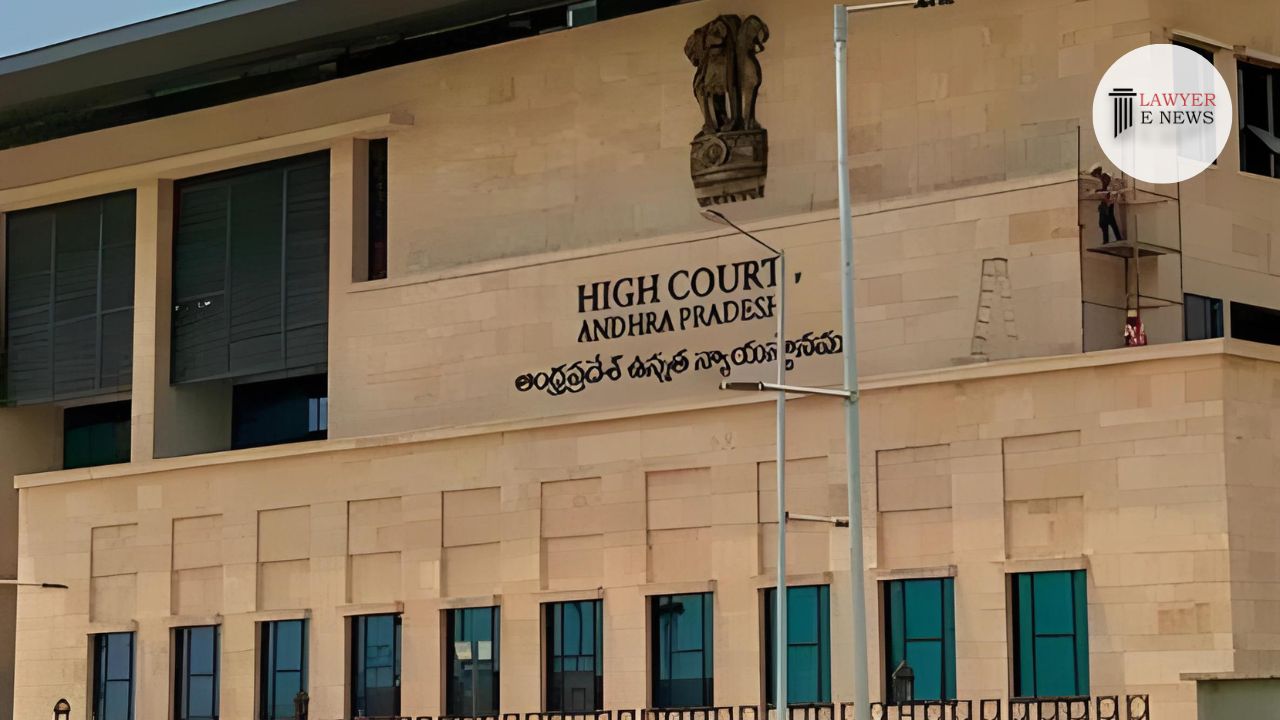-
by sayum
14 February 2026 2:22 PM



“The prosecution has successfully established the specific overt acts attributed to accused Nos.1 and 3, which resulted in the death of the deceased. However, no such clarity exists for the other appellants, warranting their acquittal.” – Justice K. Sreenivasa Reddy
In a significant judgment, the Andhra Pradesh High Court at Amaravati on September 10, 2024, rendered its decision in Criminal Appeal No. 1301/2016. The case stems from a brutal murder in 2009, where 20 individuals were initially charged with the death of Konduru Anil Kumar. The appellants, accused Nos. 1 to 9, challenged their conviction under various sections of the Indian Penal Code (IPC), primarily Section 302 read with Section 149 (murder with unlawful assembly). The case was escalated after the Guntur Sessions Court had sentenced some of the accused to life imprisonment.
The core issue for the High Court was whether the prosecution had successfully proven the involvement of the accused beyond a reasonable doubt, particularly under Section 302 read with Section 149 IPC, which deals with unlawful assembly and murder.
The court noted that while the prosecution presented eyewitnesses who were closely related to the deceased, the testimony of several others who could have substantiated the prosecution’s case was either weak or hostile. The appellants argued that key witnesses had discrepancies in their testimonies, raising doubts about the integrity of the evidence.
The High Court critically evaluated the specific involvement of each accused. For accused Nos. 1 and 3, the court found sufficient evidence tying them directly to the death of the victim. Accused No. 1 had inflicted an axe wound to the victim’s chest, while Accused No. 3 delivered a fatal blow to the neck with a knife. Their actions, supported by the post-mortem report, led the court to uphold their conviction, though it modified their conviction to Section 302 read with Section 34 IPC (common intention), which carries the same punishment but does not require unlawful assembly.
For accused Nos. 7, 4 (deceased during the appeal), and others, the court observed that the injuries attributed to them did not correspond to the medical evidence, creating reasonable doubt about their involvement. Therefore, the court acquitted them of the murder charge but maintained their convictions for other offences, including Sections 324, 454, and 148 IPC (causing injury, trespassing, and rioting with deadly weapons).
Kukkamalla Janesh @ Gnanesu Guntur Dt & Ors. vs. The State of Andhra Pradesh
Date of Decision: September 10, 2024
